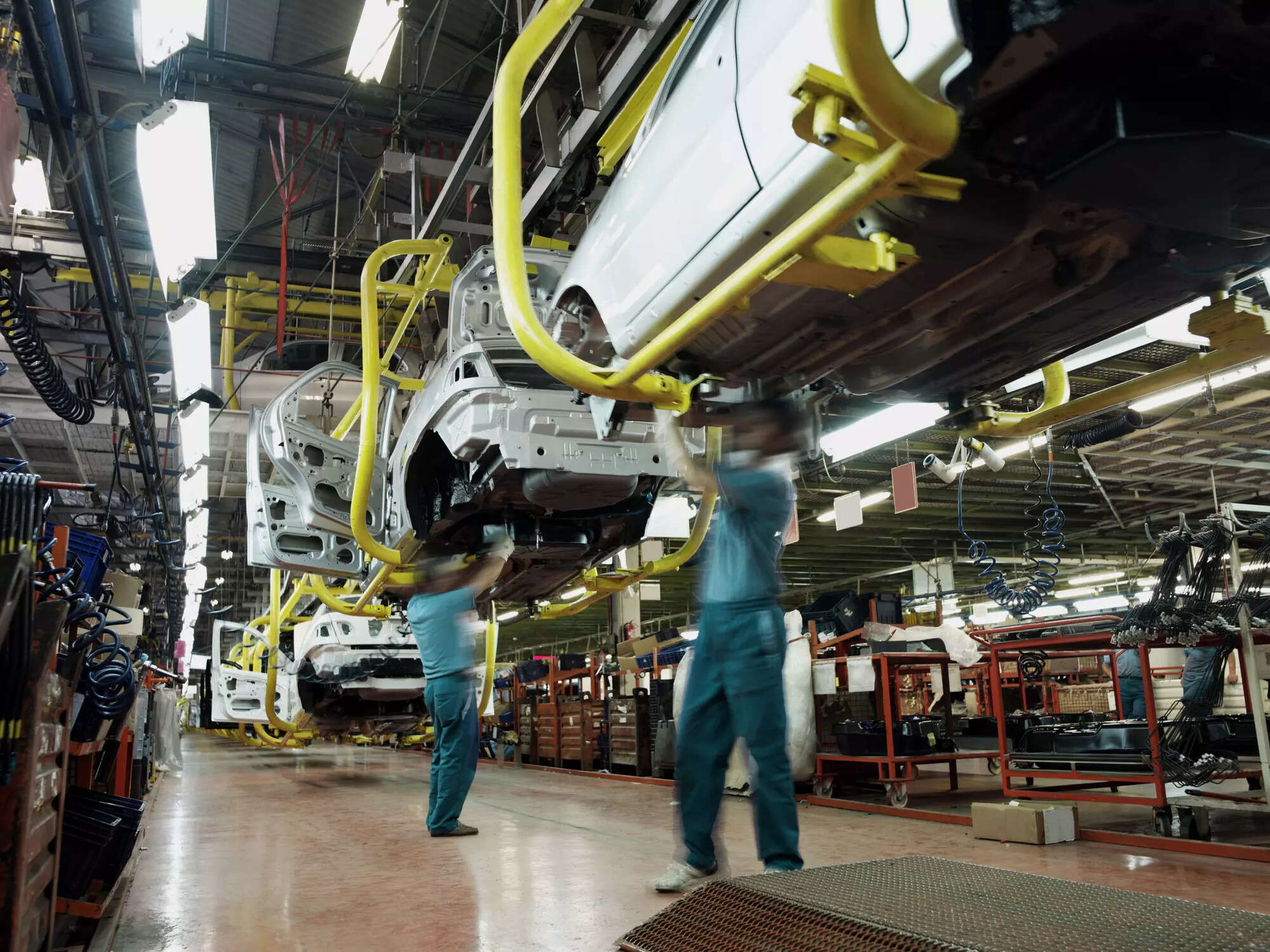
New Delhi: In a rapidly evolving automotive landscape, electric vehicles (EVs) are gaining traction like never before, and consumer expectations are reshaping the way the industry approaches retail. According to the latest Future of Auto Retail consumer survey conducted by McKinsey, more than 4,000 respondents worldwide shared insights into their sentiments surrounding electrification, the car-purchasing process, and innovations in automotive retail.
The survey highlights a notable shift in consumer behavior, with a significant surge in interest in electric mobility. Between December 2021 and December 2022, the proportion of consumers considering battery-electric vehicles (BEVs) increased by five percentage points, reaching 20%. Similarly, plug-in hybrid vehicles (PHEVs) saw a four-percentage-point rise to 22%. This shift is further substantiated by a four-percentage-point reduction in EV skepticism, indicating a growing acceptance of electric mobility.
In the purchasing journey, digital channels are becoming increasingly popular. One-third of buyers express their intention to not only research but also make their next car purchase online, driven by the perceived simplicity and speed of the process. The trend is even more pronounced in China, where over half of the respondents express willingness to buy a vehicle online, irrespective of the powertrain choice. Interestingly, the preference for online purchasing is notably higher among EV buyers compared to traditional internal combustion engine buyers.
However, amidst this digital surge, traditional methods still hold their ground. A considerable 44% of consumers value the personal connection that comes with in-person interactions, and 40% appreciate the opportunity for price negotiation. The survey indicates that only 24% of consumers desire a fully automated, human-free experience.
A crucial aspect that emerged from the survey is the significance of the test drive in the EV purchasing process. Irrespective of the powertrain, 87% of consumers across demographics and geographies express a strong desire to test drive a vehicle before making a purchase. This becomes even more pronounced in the EV segment due to the unique driving experience and consumers’ limited familiarity with electric cars. Reasons cited for the importance of test drives include assessing performance and handling (61%) and comparing the EV with their current vehicle (45%). Notably, EV buyers also emphasize the need to learn about charging during test drives.
Intriguingly, consumers are open to novel test drive formats, with 53% of the Chinese respondents indicating interest in virtual-driving experiences. Additionally, various formats like at-home test drives and rentals are gaining traction. A significant finding is consumers’ willingness to pay for at-home test drives, with 80% globally stating they would pay at least USD 25, and more than half willing to pay up to USD 100 for the experience.
The survey underscores a delicate balance that the automotive industry must strike between embracing digital transformation and preserving valued aspects of the traditional retail experience. As consumer attitudes continue to evolve, established brands face a challenge to retain customer loyalty, with over 50% of respondents admitting a willingness to switch to a new brand upon transitioning to electric vehicles.

